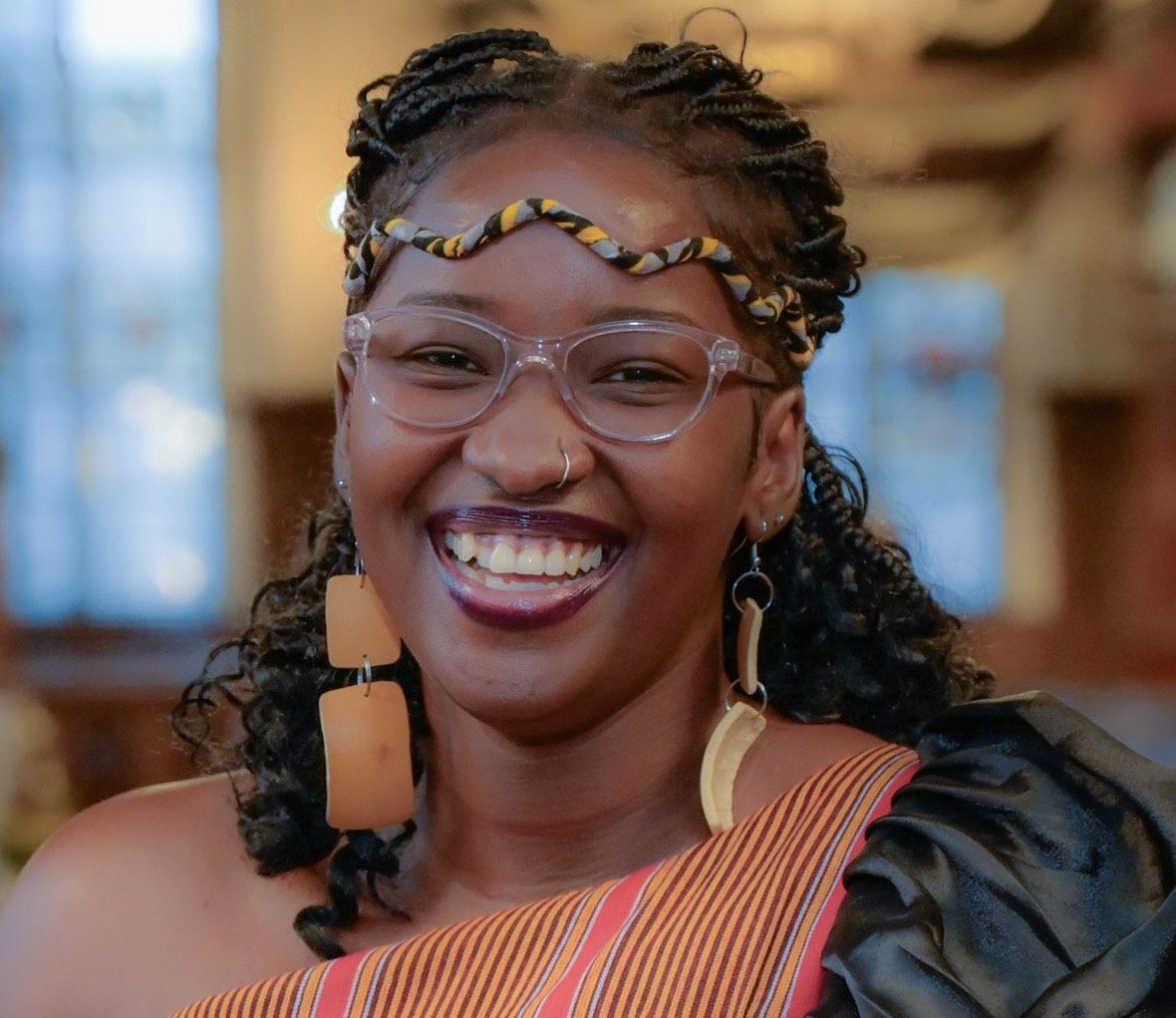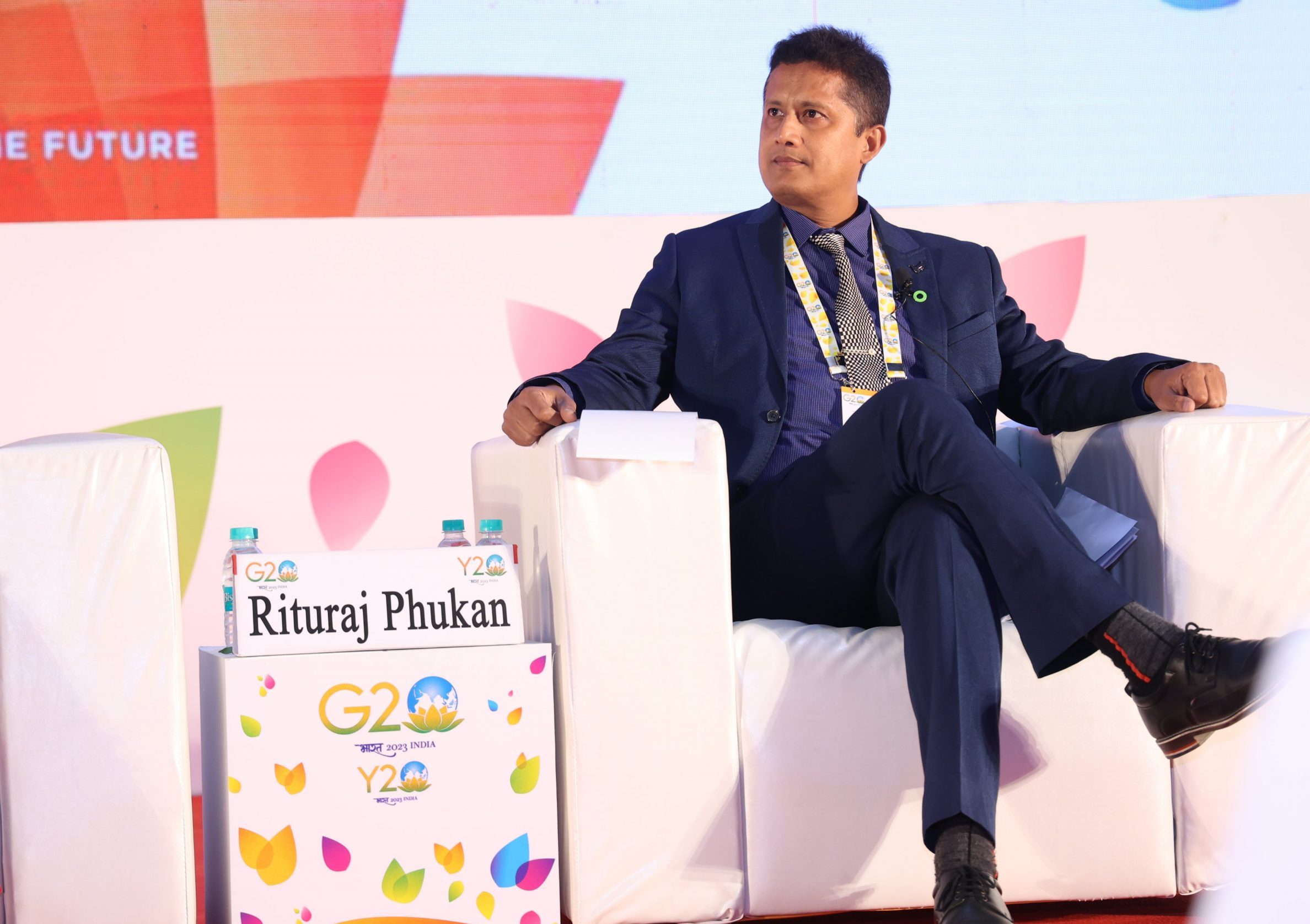Building a Better Bioeconomy
Reframing the EU Bioeconomy Strategy: Towards an Ecologically and Socially Sustainable Future At the end of 2025, the European Union will present its revised Bioeconomy Strategy – a step with far-reaching implications for rural communities, businesses, climate action, and forests both in Europe and globally. While a public consultation on the topic is currently underway, denkhausbremen and its project partner Fern organized the high-level event “Building a Better Bioeconomy” at the European Parliament on June 12, 2025, as part of a project funded by the European Environment Initiative (EURENI). The event was hosted by Members of the European Parliament Maria Ohisalo (Greens/EFA) and Michal Wiezik (Renew), with support from BirdLife Europe, Oxfam, and the European Environmental Bureau. The gathering brought together over 50 participants from rural areas, the business sector, forestry, and civil society from across Europe, alongside representatives from the European Commission and the European Parliament. The objective: to ensure that the new strategy paves the way for an ecologically and socially sustainable bioeconomy. The discussions quickly made one thing clear: the amount of …










